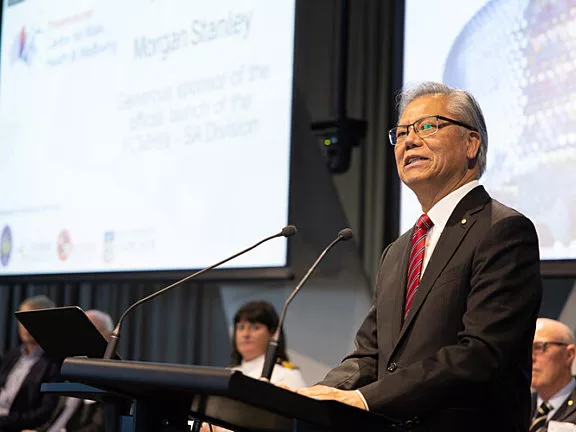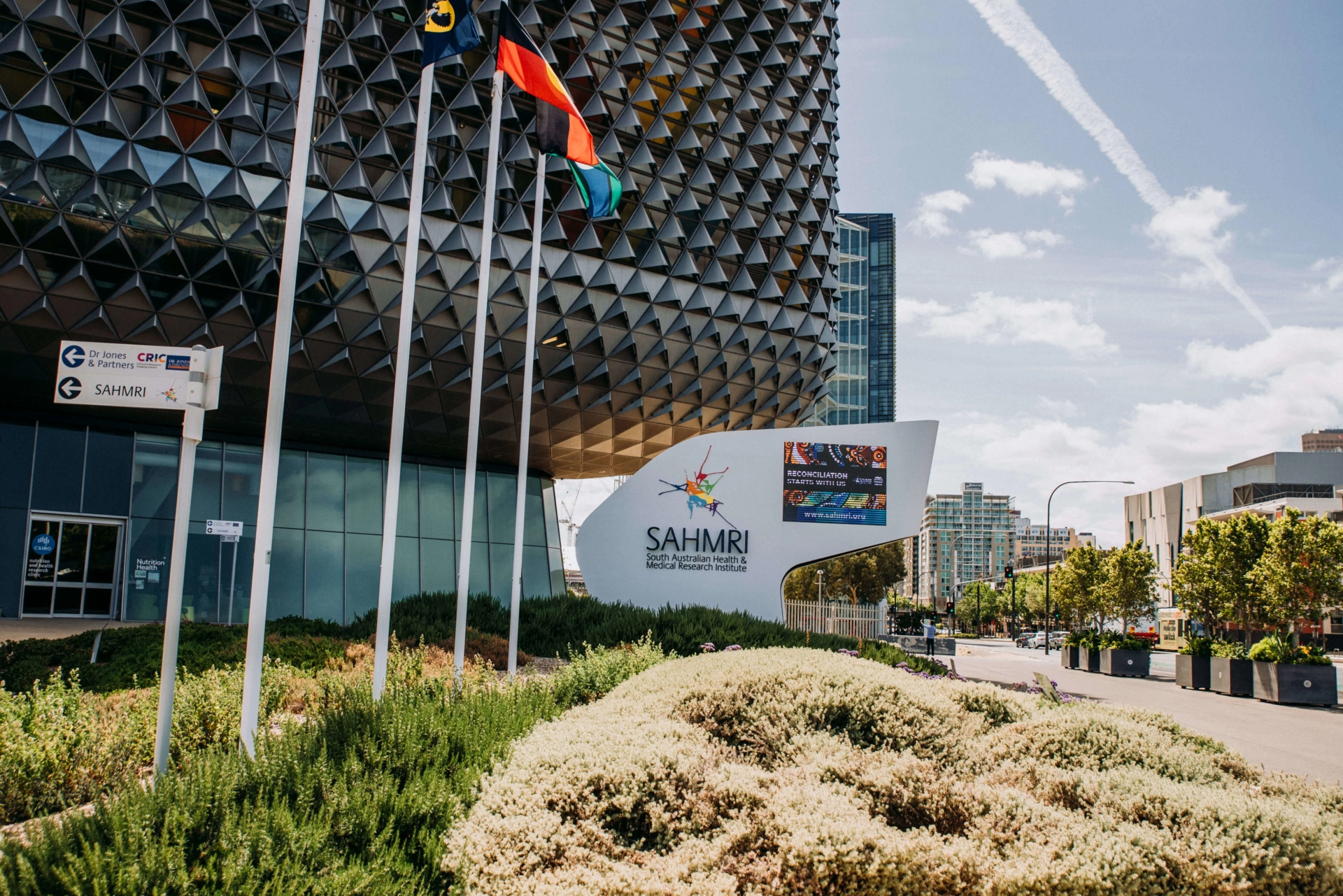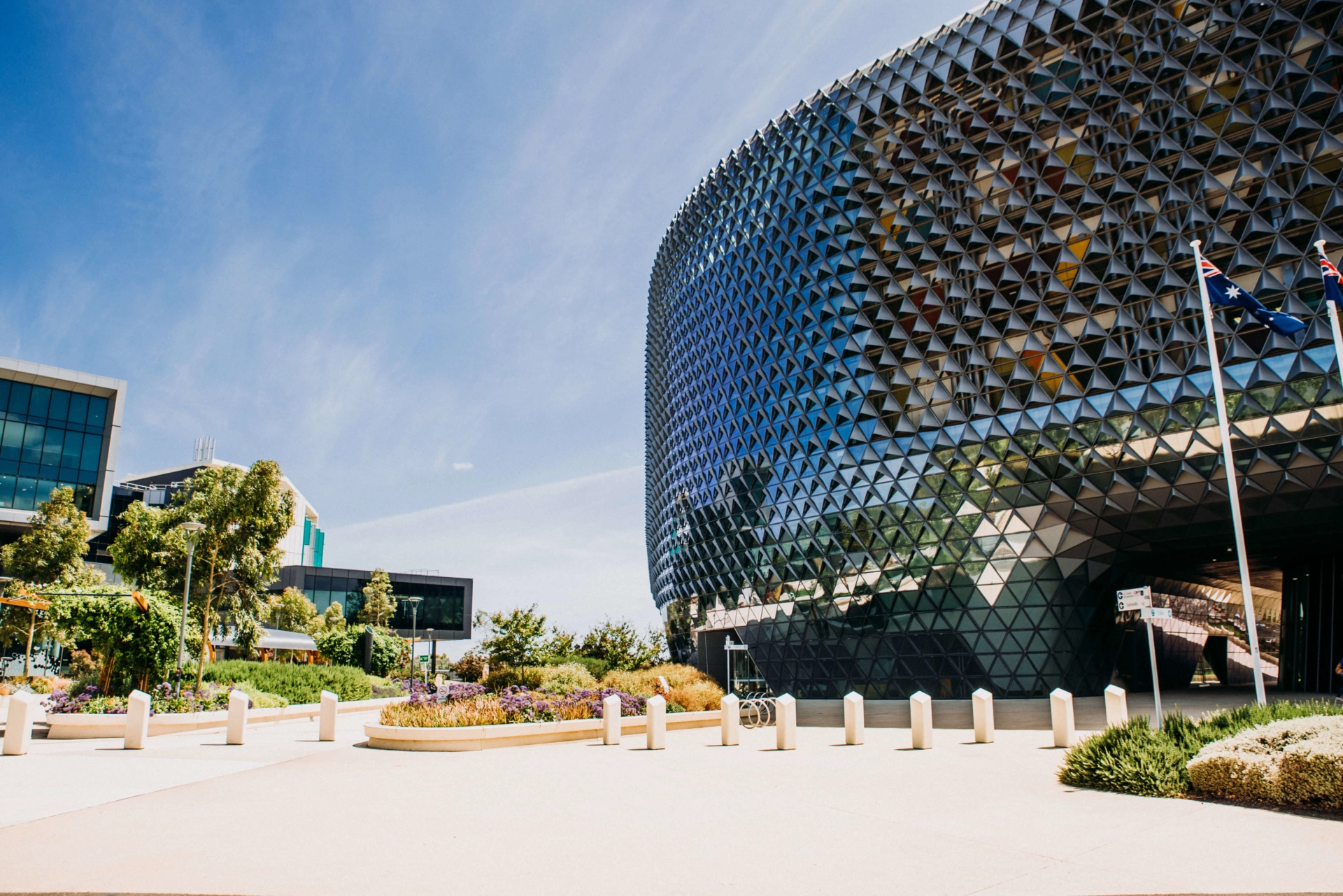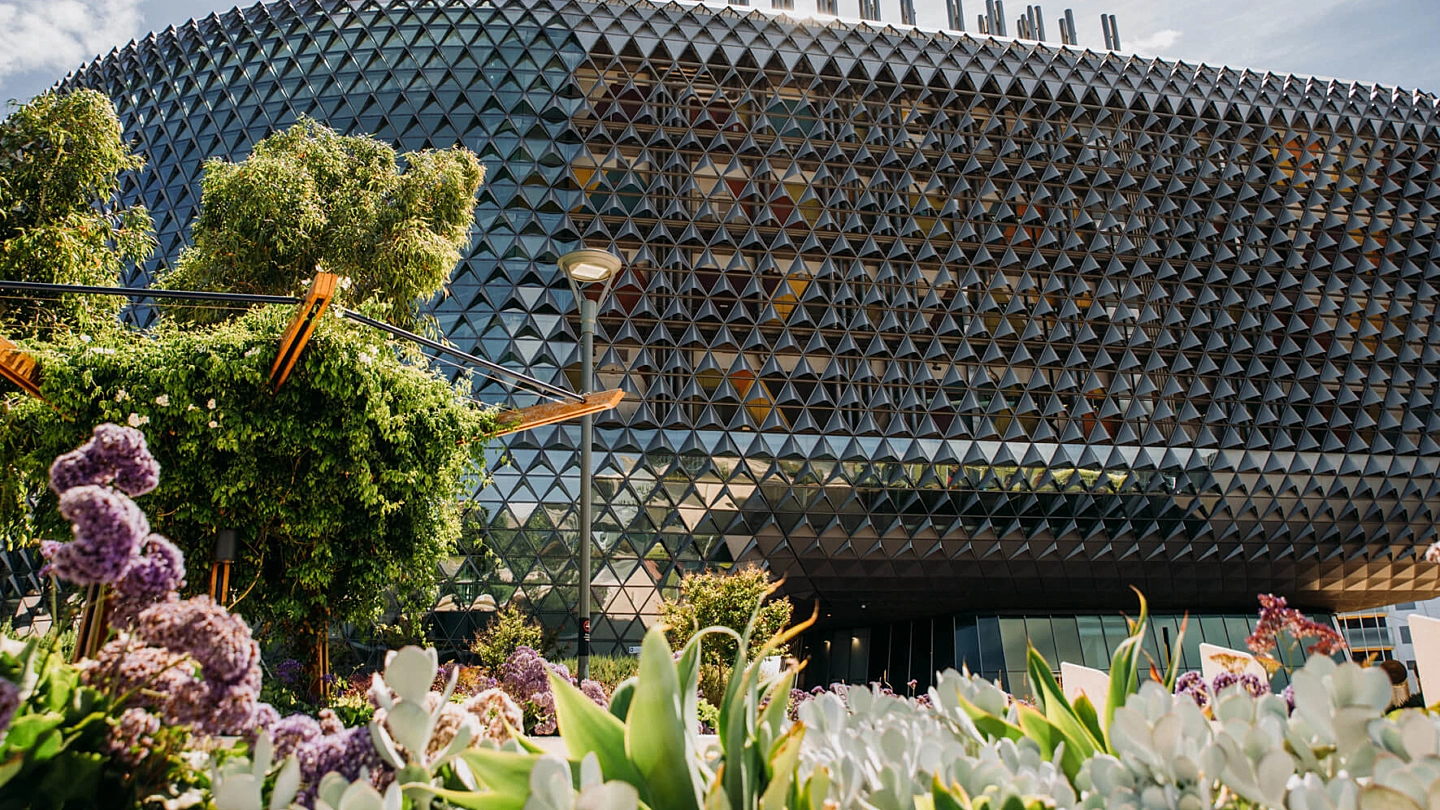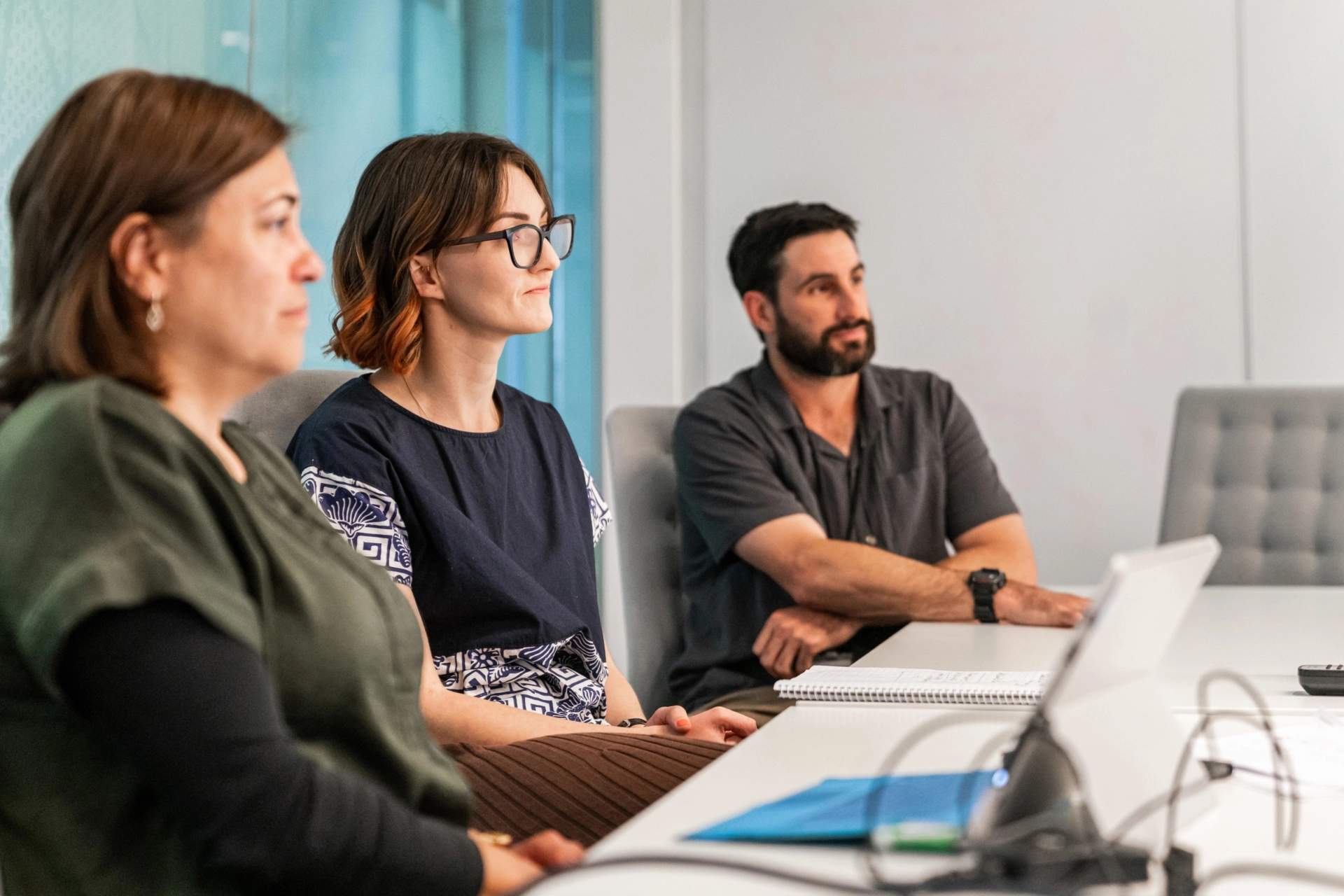SAHMRI is proud to announce the appointment of the former Governor of South Australia, the Honourable Hieu Van Le AC, as its new Board Chair.
Mr Le says he has been an admirer of SAHMRI and its vast contributions to improving health for many years.
“As Governor, and in my long-time role as Patron of SAHMRI, I had the pleasure of visiting the institute several times,” Mr Le said.
“The more time I spend at SAHMRI, the deeper appreciation I gain for the impact of its world-class research.
“SAHMRI’s research has directly contributed to better health outcomes for cancer patients, to reducing preterm birth and providing better care for babies who are born too soon, to major advancements in managing chronic disease and age-related conditions, and of course SAHMRI is home to Australia’s largest dedicated Indigenous health research unit.”
Mr Le says he is energised by the prospect of leading SAHMRI into a new and defining era, which includes being a major partner in developing Australia’s first proton therapy unit to treat rare cancers and cancers in children.
“I’m humbled by the opportunity but also a little apprehensive, given what my predecessor Raymond Spencer, his deputy Alan Young and the Board have been able to achieve since SAHMRI opened its doors less than a decade ago,” Me Le said.
In welcoming Mr Le to SAHMRI, Executive Director Professor Steve Wesselingh says he was the standout candidate.
“Under our founding Chair, Raymond Spencer, SAHMRI has grown from little more than an idea to one of Australia’s preeminent research communities,” Professor Wesselingh said.
“What Raymond has achieved is a monumentally hard act to follow, but in Hieu we have someone whose character, integrity, humour, work-ethic and intelligence will ensure SAHMRI’s continued success.”
A natural leader, Mr Le’s contributions to South Australia since arriving from Vietnam in 1977 cannot be overstated.
"Right from the first day I became active in the community," Mr Le said.
"I have been motivated to do what I can to foster understanding and appreciation for the benefits of cultural diversity, multiculturalism and social inclusion.”
Soon after arriving in Adelaide, Mr Le resumed his formal education. His studies in Economics and Accounting and an MBA with the University of Adelaide built on the studies he had already undertaken in Vietnam.
Study turned to professional work but all the while Mr Le dedicated as much time to his communities as he did to his career.
“It has been challenging at times but has been rewarding all of the time,” he said.
“Today our cultural diversity is considered one of our greatest social assets. People embrace that diversity as an enriching, positive blend of life. It also helps open our state and our country since we can engage genuinely with communities across the world.”
Mr Spencer, along with Mr Young and Board member Emeritus Professor John Hopwood, step down from their positions in accordance with SAHMRI’s Constitution that limits Board terms to 12 years.
“I am very honoured to have been asked to Chair this remarkable organisation whose health and medical research, innovations and impact on healthcare I see as emblematic of the future of a successful South Australia,” Mr Spencer said.
“I have great pride in what SAHMRI has become. The Board and I played a role, but SAHMRI’s success couldn’t have happened without the inclusive leadership of Professor Steve Wesselingh, the Executive Director, and the world-class theme leaders and management team he assembled.
“Indeed, the strength of SAHMRI is embodied by each and every member of our community buying into the institute’s vision of better health for all and living that vision every day.”
Mr Young and Emeritus Professor Hopwood have also played fundamental roles establishing SAHMRI and steering its growth and success.
Mr Young, in partnership with Professor John Shine, authored the 2008 ‘Review of health and medical research in South Australia’ that first proposed that an independent flagship research institute be established.
Mr Young became the institute’s Deputy Chair when SAHMRI was incorporated in December 2009 and has served in that position with distinction ever since.
Emeritus Professor Hopwood was a founding senior researcher at SAHMRI whose career achievements include attaining Food and Drug Administration approval for two medications which dramatically improve the health and lifespan for children with the rare genetic disorder mucopolysaccharidosis.
His considerable contributions to SAHMRI were honoured upon his retirement with the title “Emeritus Professor”, as well as having the institute’s Hopwood Centre for Neurobiology named in his honour.
